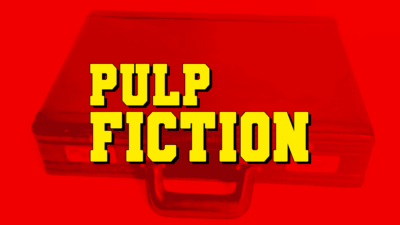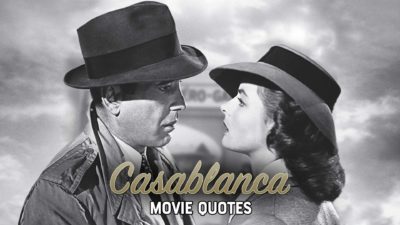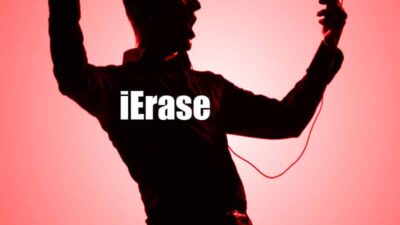 If there’s one sure thing about the future, it’s that it always takes longer to arrive than you think it will. Here we are in 2007, and the interstellar space travel depicted in “2001” is still a sci-fi fantasy. Heck, we haven’t even reached the society of mind control imagined in “1984.” (Insert your own joke about politics or advertising here.)
If there’s one sure thing about the future, it’s that it always takes longer to arrive than you think it will. Here we are in 2007, and the interstellar space travel depicted in “2001” is still a sci-fi fantasy. Heck, we haven’t even reached the society of mind control imagined in “1984.” (Insert your own joke about politics or advertising here.)
So when the pundits tell you that the death of the DVD is imminent, that we’ll soon get all our movies instantaneously from the Internet, some skepticism is in order. Already, you can buy movies from iTunes, for example, but the selection is tiny (250 movies), and you pay about as much as you would for a DVD. CinemaNow and MovieLink offer online movie “rentals” for about $4. But again, the selection is fairly small, at least once you subtract the mind-boggling gigabytes of B movies — more like C or D movies — like “Addicted to Murder III: Bloodlust” and “Witchcraft XI: Sisters in Blood.”
The copy protection is a bit overbearing, too. You can download a movie, all right, but it self-destructs 24 hours later. All of these services permit you to start watching a movie after only a minute or so, before it’s been fully downloaded — but you can’t fast forward (or, in some cases, even rewind) until you’ve got the whole thing on your hard drive.
Last week, a new contender entered the field with a radically different approach to Internet movies: Netflix. Now, this isn’t the first time “radically different” was applied to a Netflix business model. Its main service, renting DVDs by mail, entails no per-movie fee, no late fees and no shipping fees. Instead, you pay a flat monthly fee to “check out” a certain number of DVDs at a time — $18 for three, for example. You keep them as long as you like. When you mail one back in its postage-paid, pre-addressed envelope, Netflix sends you the next one on your wish list automatically. So far, about six million people have signed up. (Blockbuster’s similar DVD-by-mail service is also increasingly popular, thanks in part to a recently introduced twist: if you return a DVD to a Blockbuster store instead of mailing it, you get a free in-store rental on the spot.)
Once again, Netflix has rewritten the rules — this time, of the online movie-rental game. The company has done away with expiration dates, copy protection and multi-megabyte downloads. That’s because you don’t actually download any of Netflix’s movies; instead, they “stream” in real time from the Internet to your computer. (This advantage comes with a key disadvantage: you must be connected to the Internet. Wireless hot spots at airports and hotels are fair game, but movies can’t be carried around on a laptop.)

Frank Wilson is a retired teacher with over 30 years of combined experience in the education, small business technology, and real estate business. He now blogs as a hobby and spends most days tinkering with old computers. Wilson is passionate about tech, enjoys fishing, and loves drinking beer.





















Leave a Reply
You must be logged in to post a comment.